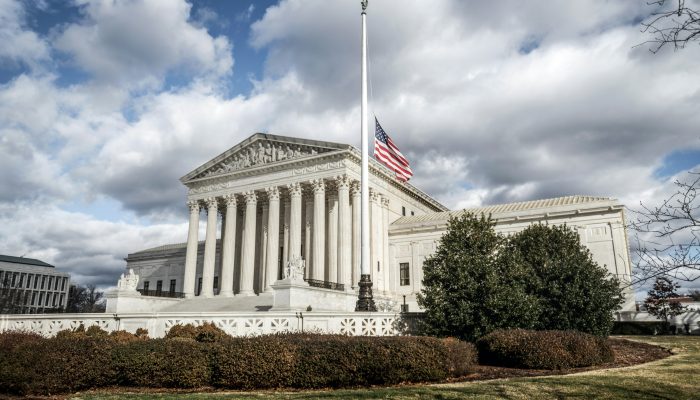A Friday decision by the U.S. Supreme Court set the stage for a law restricting access to online pornography to take effect Tuesday in South Dakota, but the ruling doesn’t shield the state from lawsuits.
In Free Speech Coalition v. Paxton, the nation’s high court ruled that a Texas law requiring adults to prove their age to access adult-oriented websites is constitutional.
Under the Texas law, websites where one-third or more of the content is pornographic would have to collect information like photo identification or credit card information before allowing access.
The Free Speech Coalition, an adult entertainment industry group, argued the law placed an unconstitutional burden on adults.
The justices disagreed in their 6-3 decision, authored by Justice Clarence Thomas. The court’s three liberal justices dissented.
“Obscenity is no exception to the widespread practice of requiring proof of age to exercise age-restricted rights,” Thomas wrote, citing laws restricting alcohol use or handgun purchases.
South Dakota lawmakers passed, and Gov. Larry Rhoden signed, an age verification bill this year, but its language is more broad than that of the Texas law.
For the law set to take effect Tuesday in South Dakota, age verification would be required of any site that hosts adult material “in the regular course of the website’s trade or business.”
Lawmakers were cautioned during the session that such broad verbiage could draw First Amendment challenges regardless of the outcome in the Texas case. Some argued explicitly for an age verification law that mirrored the one in Texas.
South Dakota’s law requires websites to delete proof of age information immediately after an adult provides it. Adult websites that fail to perform age verification would be subject to criminal fines.
South Dakota Attorney General Marty Jackley praised the Supreme Court decision, saying Friday that it “supports the protections enacted by the South Dakota Legislature to protect South Dakota families.”
Ruling: ‘Incidental’ privacy infringement acceptable
The Supreme Court’s Friday ruling drew lines around any free speech arguments that might be deployed about South Dakota’s law.
At issue in the Texas case was not just the constitutionality of age verification laws, but how courts are meant to review them.
You can read the full article at South Dakota Searchlight.

